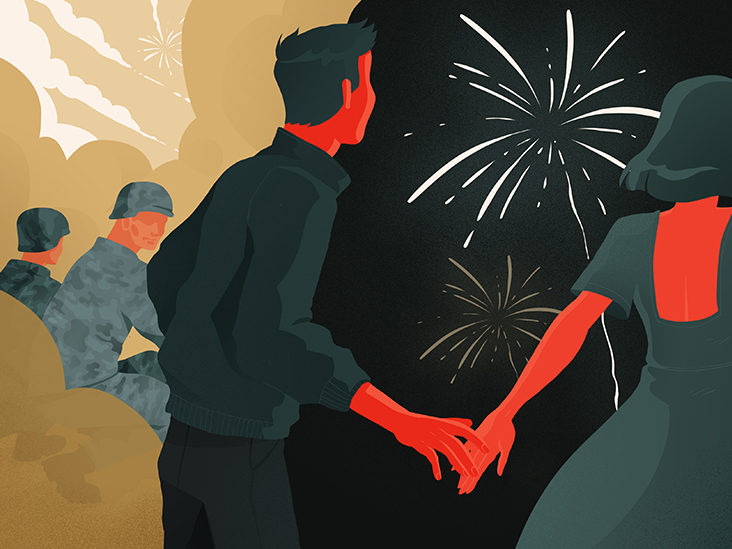If you are living with someone who has PTSD, it can be difficult to know how to help. You want them to feel better and live a normal life again, but you don’t know what to do. There are some things that you can do for your loved one though! This blog post will give you a guide on how to help someone with PTSD.
Contents
What Is PTSD?
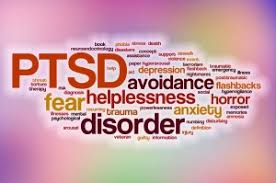
PTSD is a mental disorder that affects people who have experienced traumatic events. They may have been in combat, they could be the victim of abuse or sexual assault, or someone close to them might have died unexpectedly.
The most common symptom of PTSD is flashbacks where you can re-experience what has happened as if it’s happening again right in front of you. Other symptoms can include nightmares, intrusive thoughts, feeling jumpy or easily startled, and avoiding anything that reminds you of the traumatic event.
Challenges That You Face When Living With Someone Who Has PTSD
PTSD can be a difficult disorder to live with, and it can cause challenges for both the person with PTSD and their loved ones.
Challenges For The Person With PTSD
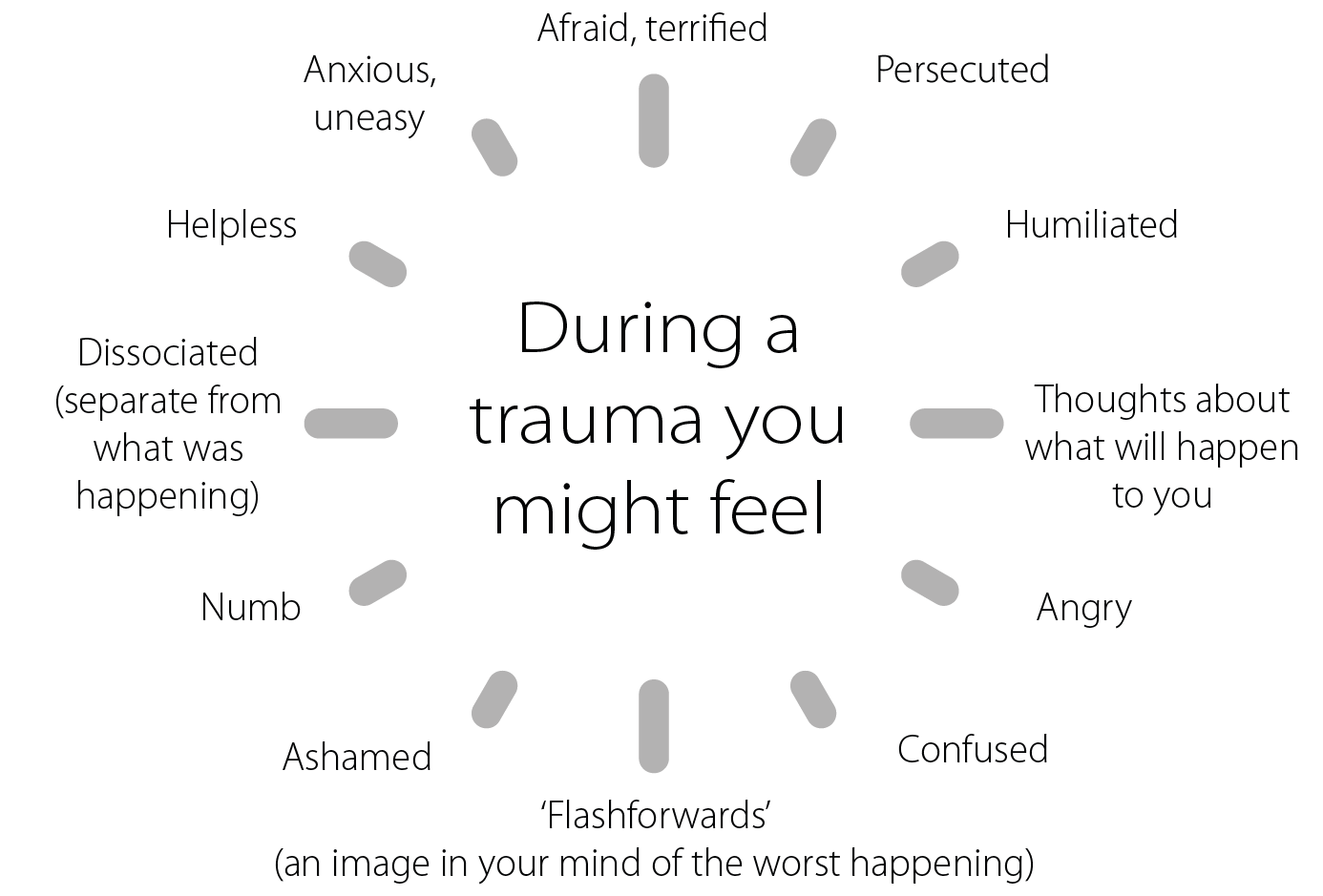
Difficulty In Managing Symptoms
The most common challenge faced by people with PTSD is managing their symptoms. This can include avoiding things that trigger flashbacks or panic attacks, dealing with intrusive thoughts, and managing feelings of guilt or shame.
Difficulty In Forming Connection
People with PTSD can also find it difficult to connect with others and form relationships due to the emotional toll that the disorder takes. They may feel like they’re not good enough or that they’re always responsible for what happened.
Furthermore
- Your loved one may be irritable and short-tempered.
- They may have trouble sleeping or experience nightmares.
- They may avoid people, places, or things that remind them of the traumatic event.
- It can be hard to talk about what happened or what is going on with them currently.
- They may feel like they are constantly on edge or be very jumpy.
Challenges For Loved Ones
Loved ones of someone with PTSD often face the challenge of trying to understand what’s going on. This can be difficult, as PTSD symptoms can vary from person to person.
Overwhelming Experience
Loved ones may also feel like they need to take care of their loved ones all the time or that they’re not doing enough. Loved ones need to remember that PTSD is not their fault and that they’re not responsible for what happened.
Compromising Your Own Needs
People living with someone who has PTSD also need to manage their own emotions while understanding the importance of taking care of themselves, too. This can be difficult because it’s easy to get caught up in trying to take care of your friend or family member all the time without taking care of yourself.
NOTE: It’s important to remember that you can’t take care of someone else if you’re not taking care of yourself first.
Understanding PTSD Triggers
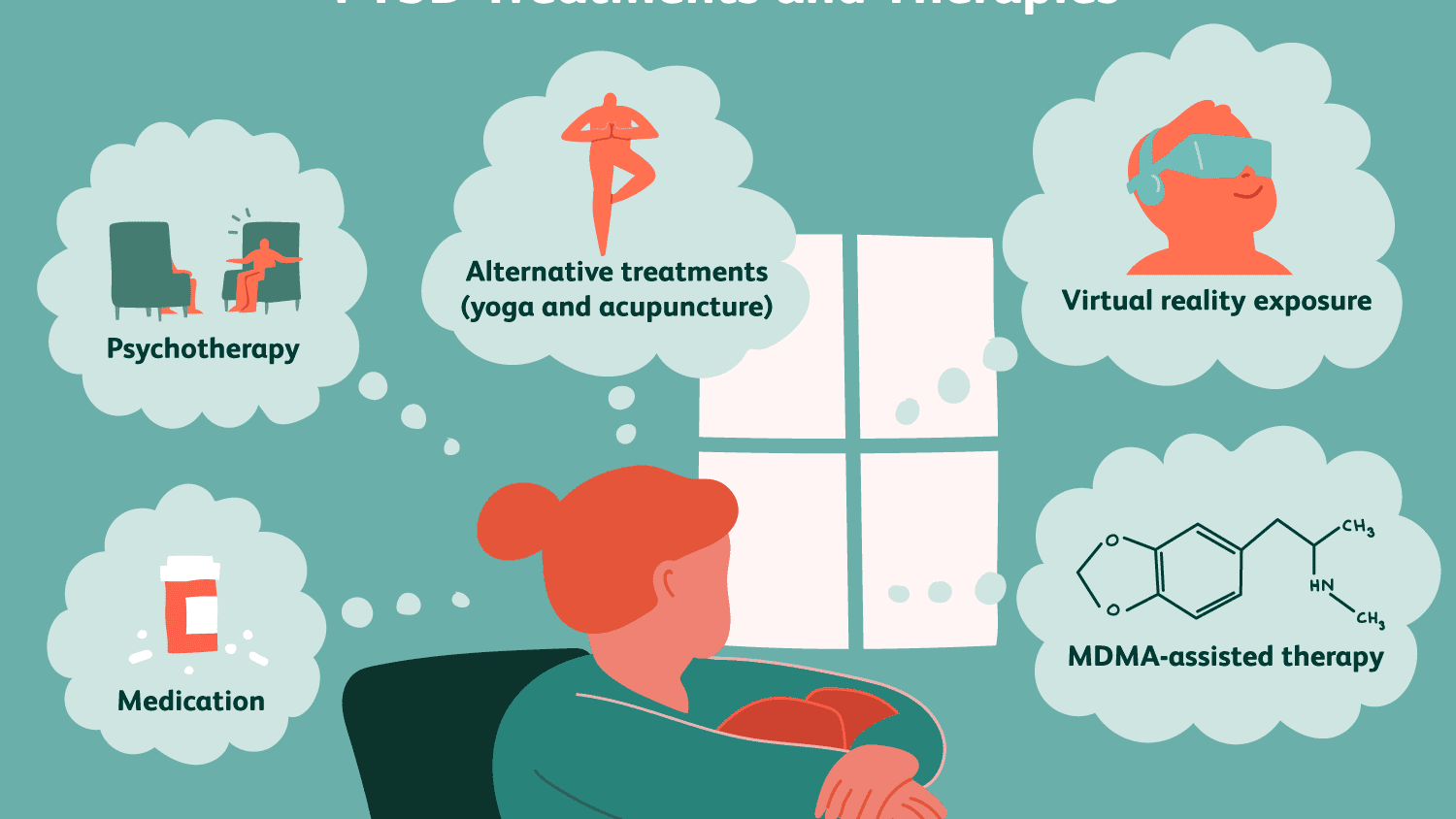
If your loved one is struggling with PTSD, there are ways that you can help!
External Triggers
One way to help is to be aware of their external triggers. These are things that can cause them to have a flashback or panic attack. Some common external triggers are:
- Hearing loud noises
- Seeing traumatic images or videos
- Being in a crowded place
- Smelling something that reminds them of the event
NOTE: It’s important to be understanding if your loved one needs to avoid these things, and try not to get upset with them if they do.
Internal Triggers
Another thing you can do to help is aware of their internal triggers. These are things that can cause them to have a flashback or panic attack even if there isn’t an external trigger present. Some common internal triggers are:
- Thoughts or memories of the traumatic event
- Feelings associated with the traumatic event
- Physical sensations that are reminiscent of the traumatic event
Helping someone with a flashback or panic attack
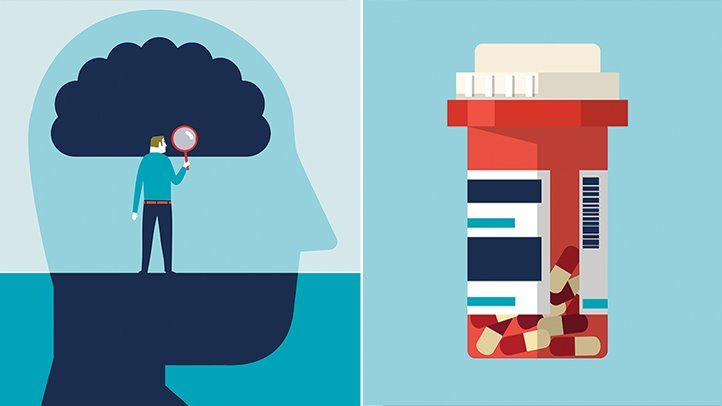
If your loved one is having a flashback or panic attack, there are some things that you can do to help.
Remind Them
First, remind them of where they are. A common misconception with PTSD is that the person having a flashback or panic attack doesn’t know what’s happening to them, but this isn’t true! They’re fully aware and experiencing something traumatic again.
- Encourage them to talk about what is going on. This can help to diffuse the situation.
- Remind them to breathe and that the attack will eventually end.
Tell Them They Are Safe
Next, remind them how safe you are. Remind your loved one that whatever horrible thing was going on in their head isn’t happening. They might not feel like it’s true. But you can remind them of where they are. Assure them that no one is trying to hurt or attack them anymore.
- Remain calm and supportive. This will help your loved one to feel more in control.
Distract Them
Distract the person with PTSD by asking a question about something else in the room or changing what you are talking about. This will help them focus on something else and ease their symptoms of PTSD.
Give Them Some Time And Space
Finally, try to get them somewhere calm where they can sit down and be quiet for a while. They might need some time alone so that they can process what is going on in their mind before you start talking again about the event or anything else.
- But do not leave them alone.
Talking To Your Loved One About PTSD Triggers
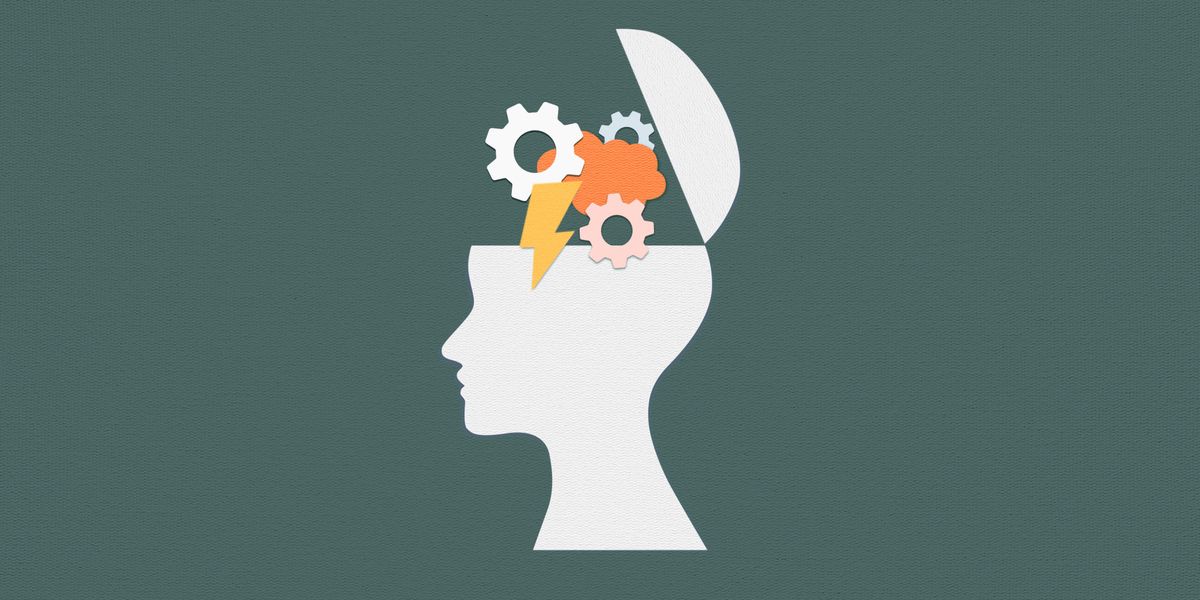
It can be hard to know what to say when your loved one is experiencing a flashback or panic attack. You want to help, but you don’t want to make things worse. The best thing that you can do is to be supportive and understanding. Here are a few tips:
- Be there for them. Let them know that they can rely on you for support.
- Listen to them without judgment. Allow them to talk about what happened and how they are feeling.
- Do not try to tell them how to feel or think. Everyone experiences things differently and having PTSD does not mean that they are crazy.
It can be helpful for your loved ones if you let them know what triggers the flashbacks, panic attacks, etc. This helps you to understand what is happening better too! You may need someone else around when this happens (a friend, therapist, etc.)
A Few Things To Remember
It is also important to understand that your loved ones cannot control their PTSD. This is a medical condition that they will have to live with for the rest of their life. There are things you can do though!
Educate Yourself
The first thing you can do is learn about PTSD. This will help you understand what your loved one is going through. You can read books, articles, and talk to professionals about PTSD. The more you know, the better equipped you will be to help your loved one.
Understand Them
Be understanding of their fears, avoidances, etc. These things can cause a lot of anxiety and make your loved ones feel like they are being suffocated. Do not take it personally if they are irritable or short-tempered. They may have intrusive thoughts and be frustrated with themselves for being unable to control them.
Be Patient
Be patient with them as recovery can be a long process. There will be good days and bad days. Be there for them always, no matter what. They will appreciate your support more than you can imagine.
Encourage For Help
Encourage them to seek professional help if they feel like they cannot cope any longer. This is not a sign of weakness but rather shows that they care about their well-being and want to get better.
Conclusion
Living with someone who has PTSD can be extremely challenging, but there are things you can do to help! Talk to your loved ones about their triggers and how best to handle them. Understand that they cannot control it any more than you can. Be patient as recovery is a long process. Encourage professional help if needed.
For more information, please contact MantraCare. PTSD or Post-Traumatic Stress Disorder is a mental health condition that affects people who have experienced or witnessed a traumatic event. If you have any queries regarding Online PTSD Counseling experienced therapists at MantraCare can help: Book a trial PTSD therapy session
